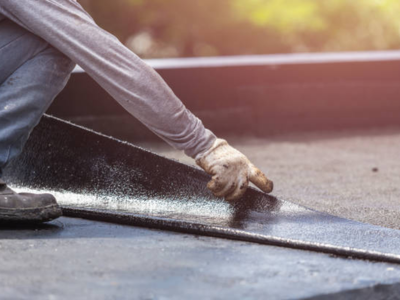


Our Services
Construction Solutions
Committed to providing sustainable water management and advanced construction solutions, the company has established itself as a leader in addressing the critical needs of communities and industries alike. Our comprehensive suite of services ensures that every drop of water is efficiently utilized and every structure is built to last.

Consulting services
Our consulting services encompass water surveying, training on sustainable water management, and technical support, offering a holistic approach to water resource management and sustainability.

Retail and distribution excellence
Retail and distribution of essential products that support and enhance our clients' projects and daily lives. Our diverse range of products ensures that we meet the highest standards of quality and efficiency, serving the needs of communities, businesses, and construction professionals alike.

Shared Infrastructure
By developing and managing community-focused water infrastructure projects, we empower communities to thrive and grow. Our shared infrastructure solutions include boreholes, water kiosks, and agricultural support.

Our Culture
Mission
To provide world class
solutions to our clients
Vision
Provide sustainable solutions using quality products at reasonable costs delivered with outstanding service by knowledgeable, experienced and friendly staff
Core values
Our core values define us and guide us in our relationships with our partners, colleagues and clients, and influence our decisions. They are Service, Integrity, Teamwork, Excellence, Efficiency and Respect
Boreholes Drilled
Valued Partners
DRILLING SERVICES


Our Value Partners
Mbauni Community Project
“Job was well done by W4W, materails were delivered on time and project delivered within schedule.”
Francis
George
“Excellent work and commitment that exceeded our expectations.”
Nyakianda Water Project
Project Director
“The crew on ground demonstrated good work ethic which is commendable.”
AIC Makutano
Paul
“Prompt mobilization by W4W enabled us to service our water system and minimized disruption to our tenants.”
Kikuyu
Head Office:
Garden III, Ridgeways Lane
(Off Garden Estate Road)
Nakuru Office:
Heshima Centre
Nakuru – Solai Road















